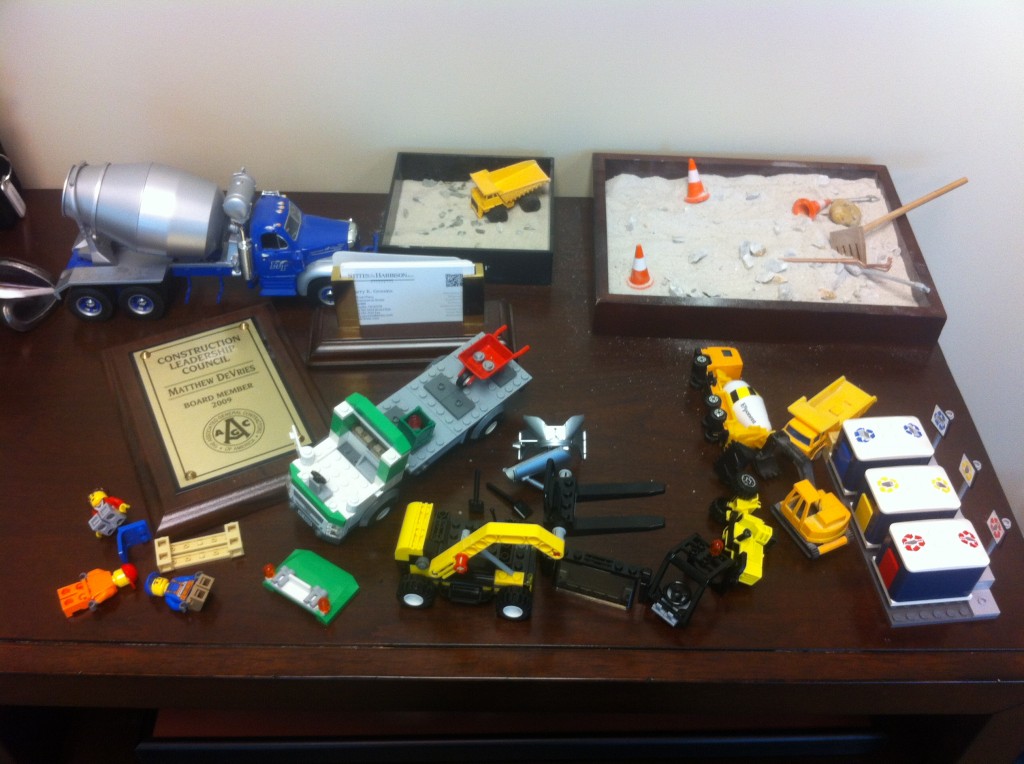The past few years have been a roller-coaster of emotional turmoil. You name the stress, we experienced it: sick children, financial binds, cancer, broken friendships, heart attacks, car troubles, college searches, etc.
The last few months have been particularly difficult as my wife was been tending to both of her parents out of town with significant health challenges. During those months where my wife was nursing her parents, may people called me Mr. Mom or Single Dad.
At first, I called it, hell!
Now I call it Opportunity for Growth.
You see, stress is an interesting word. The Middle English meaning denotes hardship or force exerted on a person for the purpose of compulsion; while the Latin origin is strictus, meaning tight, compressed, or drawn together. WebMD defines stress as “the body’s reaction to any change that requires an adjustment or response.” A combination of these definitions leads to one conclusion:
Author Andrew Bernstein once said that stress “doesn’t come from your boss, your kids, your spouse, traffic jams, health challenges, or other circumstances. It comes from your thoughts about your circumstances.” If stress truly comes from our thoughts about our circumstances—rather than from the circumstances themselves—then we can transform those thoughts to be an opportunity for growth.
John Maxwell calls this big picture thinking. It brings wholeness and maturity to a person’s mindset. It brings perspective. Big picture thinking allows you to take your “hell” and turn it into an “opportunity for growth.” You start to focus on the whole timeline, and not just the heart ache, failure or challenge that brought you to your knees.








